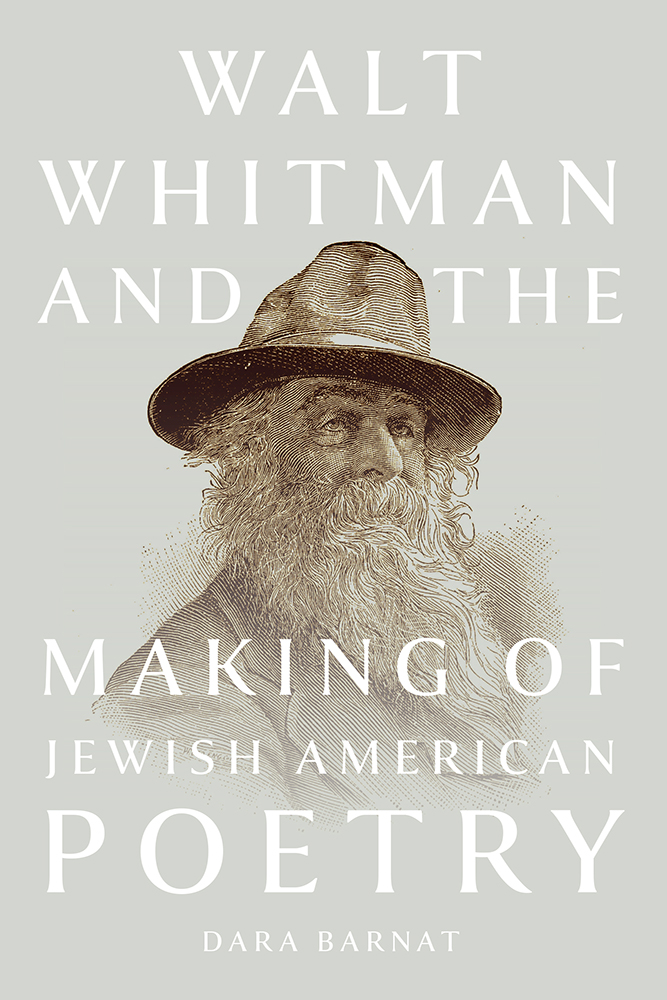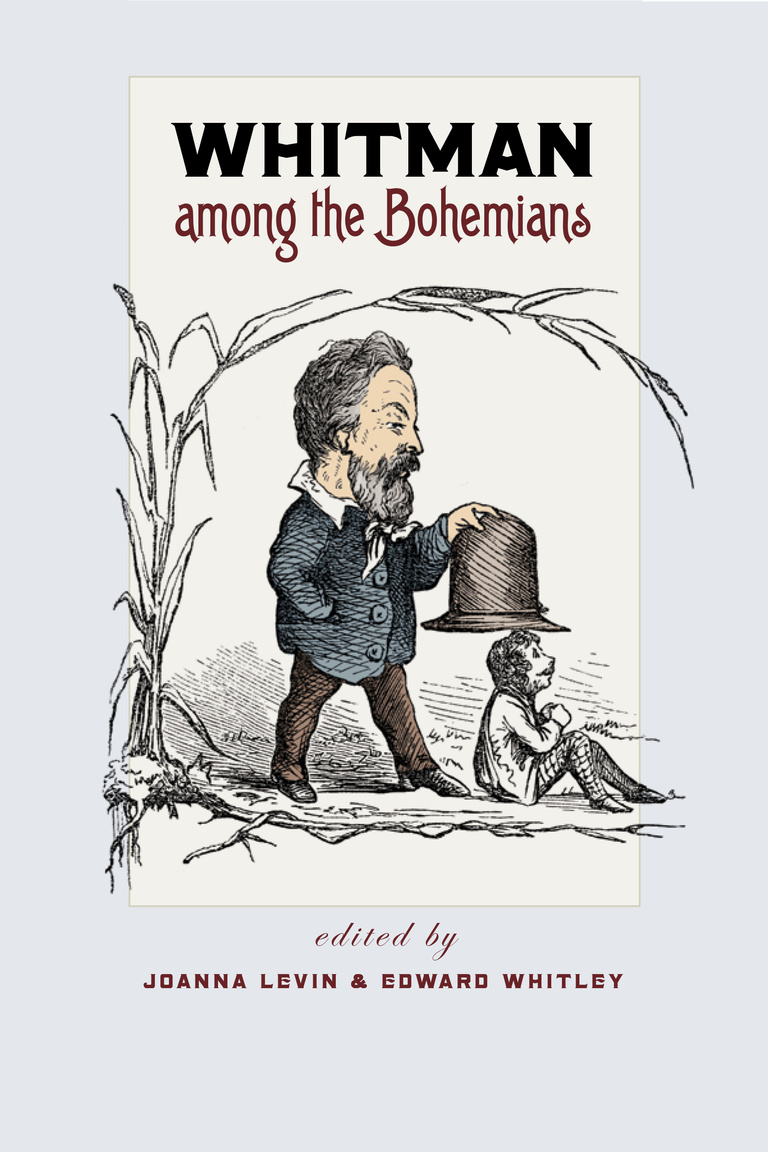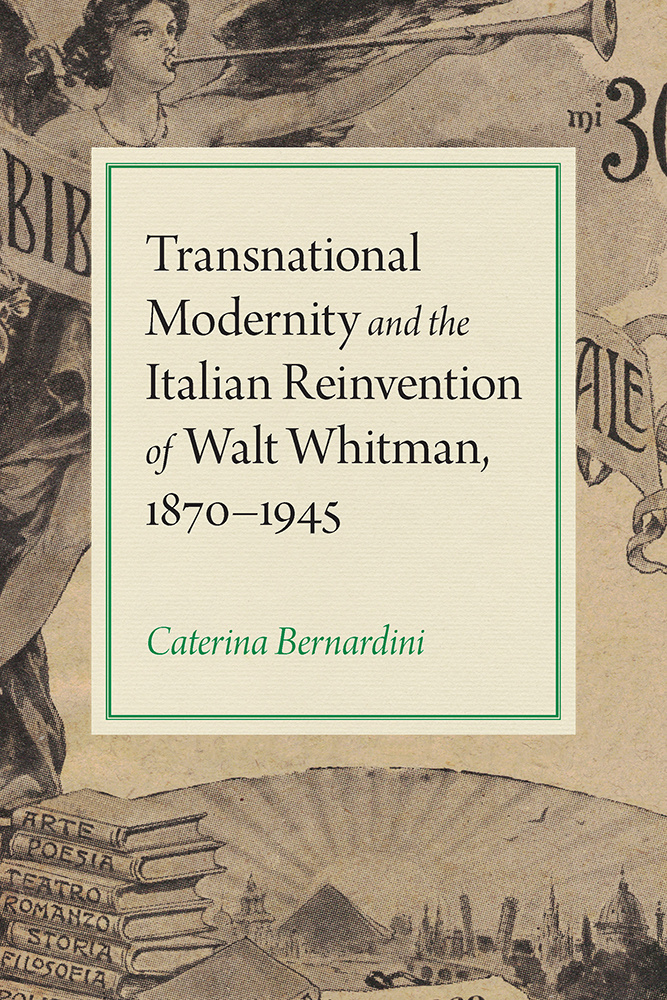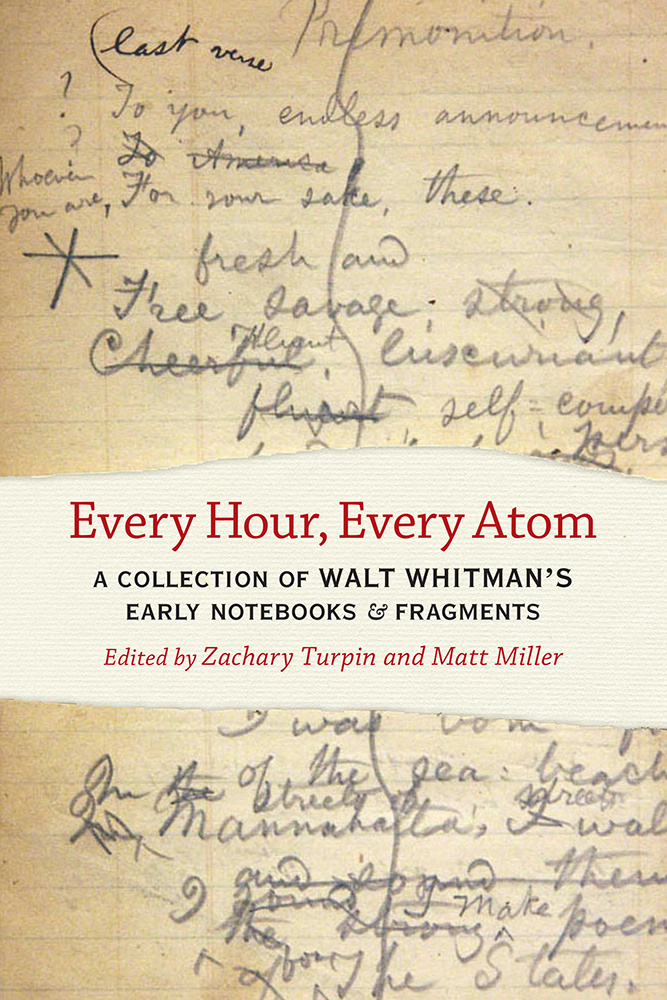Walt Whitman has served as a crucial figure within the tradition of Jewish American poetry. But how did Whitman, a non-Jewish, American-born poet, become so instrumental in this area of poetry, especially for poets whose parents, and often they themselves, were not “born here?”
Dara Barnat presents a genealogy of Jewish American poets in dialogue with Whitman, and with each other, and reveals how the lineage of Jewish American poets responding to Whitman extends far beyond the likes of Allen Ginsberg. From Emma Lazarus and Adah Isaacs Menken, through twentieth-century poets such as Charles Reznikoff, Karl Shapiro, Kenneth Koch, Muriel Rukeyser, Adrienne Rich, Marge Piercy, Alicia Suskin Ostriker, and Gerald Stern, this book demonstrates that Whitman has been adopted by Jewish American poets as a liberal symbol against exclusionary and anti-Semitic elements in high modernist literary culture. The turn to Whitman serves as a mode of exploring Jewish and American identity.
“The arrival of this virtuosic study is surely cause for celebration. Barnat brilliantly illuminates the rich tapestry of complex intersections between America’s ‘Bard of Democracy’ and generations of significant Jewish American poets whom he inspired and provoked. Truly groundbreaking, it is an indispensable gift to scholars of Whitman and Jewish literature alike.”—Ranen Omer-Sherman, author, Imagining the Kibbutz: Visions of Utopia in Literature and Film
“In Barnat’s highly readable, well-researched account, the enduring affinity between Jewish poets and Whitman becomes a prism through which to understand the history of Jewish American poetry itself. A welcome and timely contribution to the ongoing conversation about the remaking of Jewish culture and identity in the United States.”—Julian Levinson, author, Exiles on Main Street: Jewish American Writers and American Literary Culture
“From Emma Lazarus to Allen Ginsberg and beyond, Jewish American poets’ reactions to Whitman have been intense and nuanced, and formative of some of our country’s most impressive and influential literature. In this compact, long-overdue study, Barnat shows how these poets and others have interpreted Whitman as ‘implicitly Jewish’ and in doing so redefined Whitman, themselves, and the American poetic tradition.”—Matt Miller, coeditor, Every Hour, Every Atom: A Collection of Walt Whitman’s Early Notebooks and Fragments
“Barnat's vigorous close readings show us how these poets were preoccupied with persecution, assimilation, poverty, witness, antisemitism, Jewish identity, progressive Judaism, literary trends, civil rights, and second-wave feminism. Along the way she explores the way each poet negotiates the feuding styles, personalities, and milieux of high modernism, New Criticism, and the New York School of Poets. . . . She is preserving memories of what it means to negotiate being Jewish in America and showing that Jews count, and matter, in the American story.”—Times Literary Supplement
“This concise and fascinating book. . . . is well-written and copiously researched, it makes a valuable contribution to the Iowa Whitman Series.”—Choice
“Walt Whitman and the Making of Jewish American Poetry happily succeeds in its intention ‘not to close a whole arena of investigation but to open one.’”—American Literary Realism



